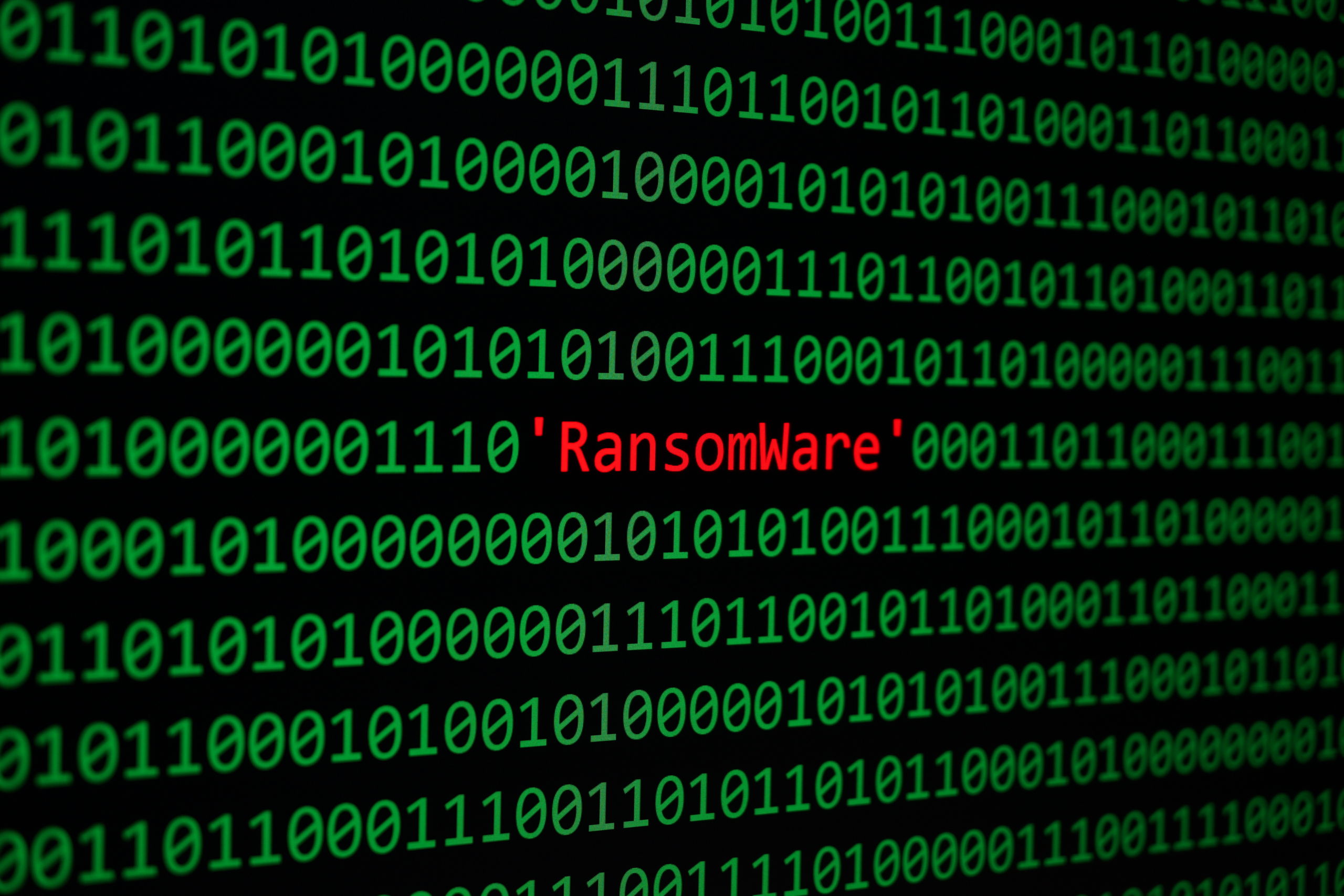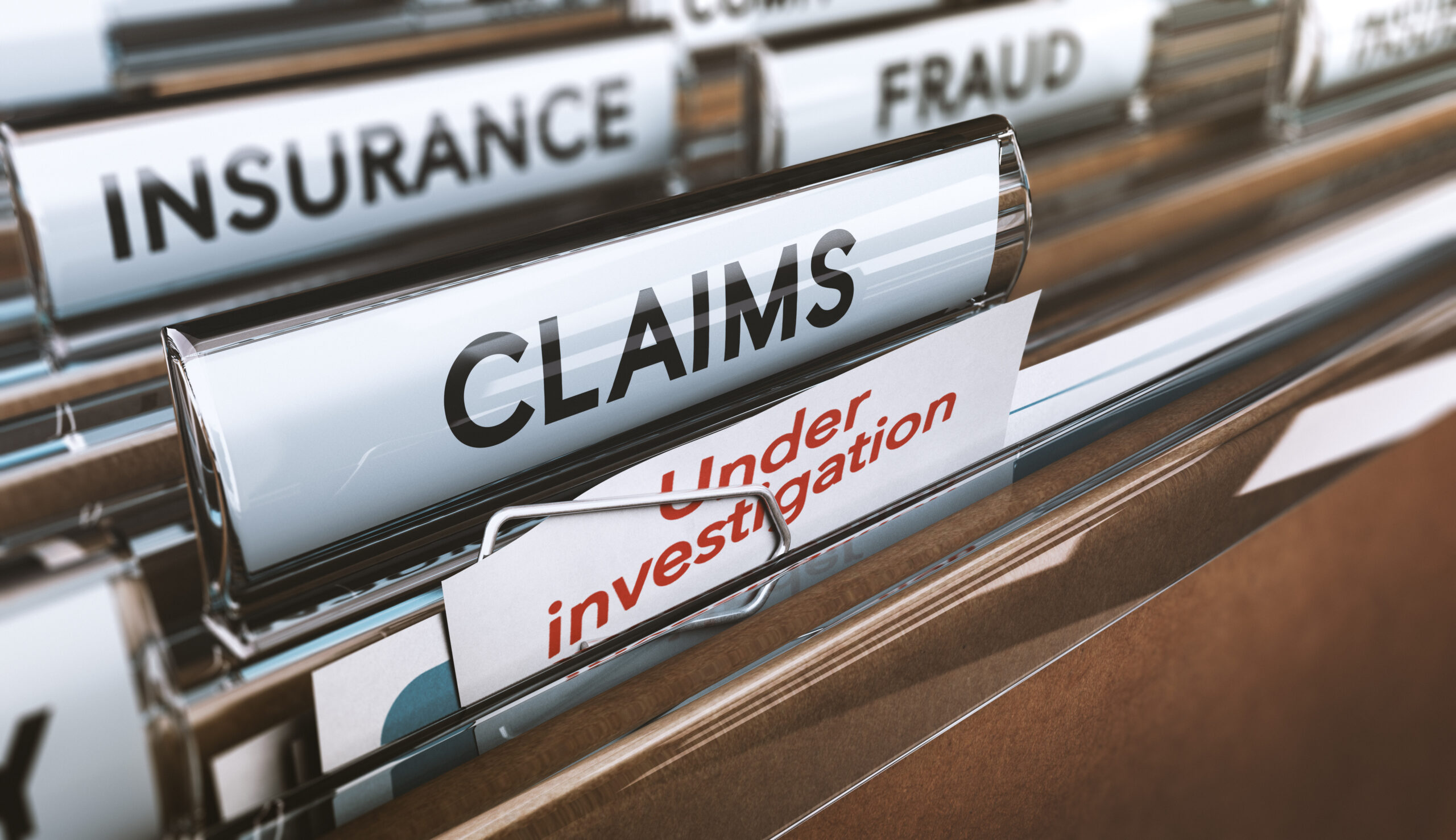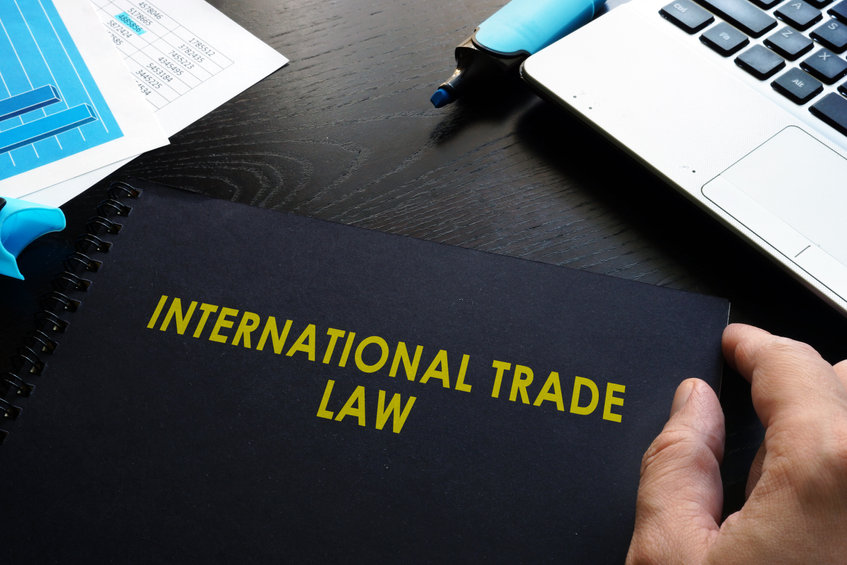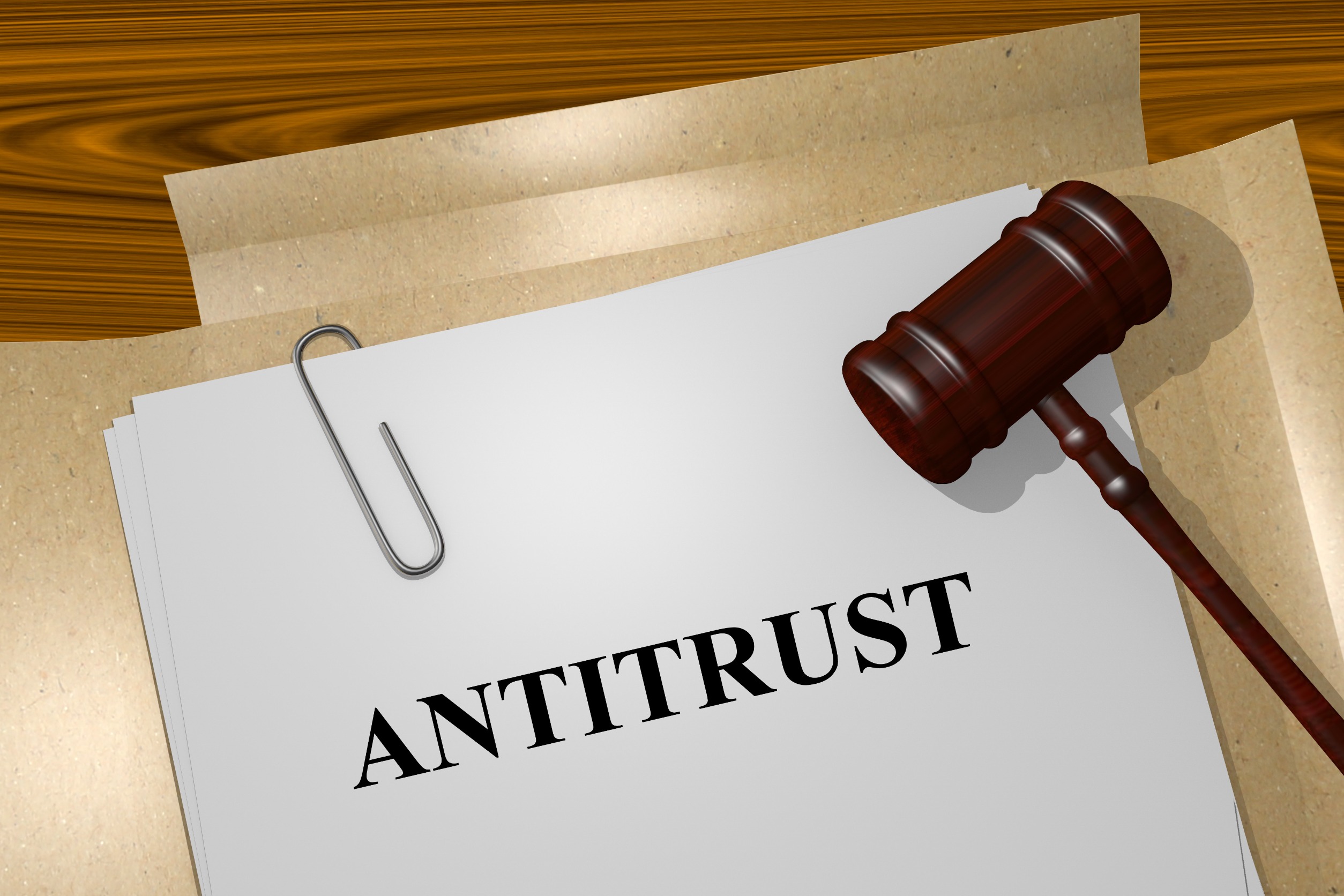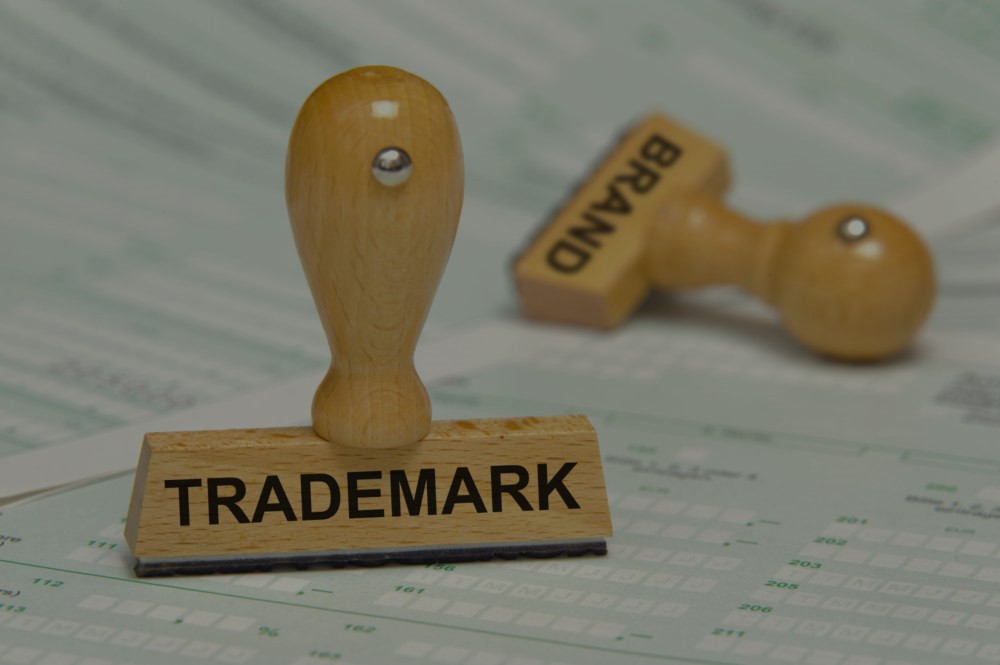Broadcast Date: Tuesday, June 09, 2020
from 12:00 pm to 1:30 pm (ET)
Overview:
When a certain company is served with a subpoena from the Securities and Exchange Commission (SEC), it indicates that the Commission has obtained sufficient information to get a formal investigation order. It can be harrowing for any business entity to be served with such order as it may have a significant impact on the company’s resources and overall reputation.
An organization’s response to the initial inquiry and the management of its actions following the start of the investigation can be crucial in handling such dilemma. It is, therefore, imperative to be equipped with comprehensive knowledge in dealing with SEC investigations, especially in today’s landscape where enforcement actions are expected to increase as the Commission closely monitors the disruption of global capital markets due to the COVID-19 crisis.
In this LIVE Webcast, securities law experts Jennifer Marietta-Westberg (Cornerstone Research) and Jared L. Kopel (Alto Litigation) will provide the audience with an in-depth analysis of the recent trends and developments in SEC Investigations. As experts, they will offer a comprehensive guide to properly respond and deal with such investigations as well as an outlook of what’s ahead amid the current pandemic.
Key Issues:
- A Guide to SEC Investigation
- Trends and Developments
- Responding to and Dealing with SEC Investigations
- SEC’s Response to COVID-19 and Crypto
- Best Practices
- Outlook
Credit:
Course Level:
Intermediate
Advance Preparation:
Print and review course materials
Method of Presentation:
On-demand Webcast (CLE)
Prerequisite:
General knowledge of securities law
Course Code:
148679
NY Category of CLE Credit:
Areas of Professional Practice
Total Credits:
1.5 CLE
How to Claim CLE Credits Per State:
https://knowledgewebcasts.com/how-to-claim-cle-credits-per-state/
CLE State Requirements:
https://knowledgewebcasts.com/cle-state-requirements/
CPE State Requirements:
Speaker Panel:
Jennifer Marietta-Westberg, Principal
Cornerstone Research
Jennifer Marietta-Westberg consults on economic and financial issues arising in litigation and regulatory investigations in financial markets. Dr. Marietta-Westberg addresses allegations related to financial reporting, asset management, trading, private equity, and mergers and acquisitions.
An experienced expert witness, she has testified on matters related to Rule 10b-5/Section 11 securities class actions, damages, alleged insider trading, corporate governance, and Employee Retirement Income Security Act (ERISA) matters. Dr. Marietta-Westberg has supported respondents in enforcement actions involving the Department of Justice (DOJ) and the Securities and Exchange Commission (SEC).
Dr. Marietta-Westberg is a member of the Investor Advisory Committee of the SEC, which offers guidance to the Commission on regulatory priorities and initiatives to support the integrity of the securities marketplace. She also serves on the board of directors at the Institute for Law and Economics at the University of Pennsylvania and is a practitioner director of the Financial Management Association.
Dr. Marietta-Westberg worked for ten years at the SEC, in several capacities. She served as the deputy chief economist and deputy director of the Division of Economic and Risk Analysis (DERA) from 2013 to 2016. At the SEC, Dr. Marietta-Westberg managed economic analysis in support of Commission policy and rulemaking in the areas of asset management, broker-dealers, credit rating agencies, and market microstructure. She oversaw many of DERA’s economic analyses in support of international initiatives.
Prior to joining the SEC, Dr. Marietta-Westberg was an assistant professor at Michigan State University. Her research has been published in the Journal of Accounting and Economics, the Journal of Corporate Finance, and European Financial Management.
Jared L. Kopel, Senior Counsel
Alto Litigation
Jared Kopel has represented clients in more than 100 SEC and other governmental or regulatory investigations. Jared has conducted internal corporate investigations and advised clients on compliance with the securities laws and SEC regulations. Jared also has successfully represented clients in securities class action and derivative litigation, as well as general business litigation.
Before joining Alto, Jared was a partner in the litigation group of Wilson Sonsini Goodrich & Rosati, and had his own law firm. Jared is also a former Branch Chief of the SEC’s Division of Enforcement. Jared has written numerous articles on securities law topics for The Recorder legal publication, Law360, The Review of Securities and Commodities Law and other publications. He also has written chapters for a well-recognized securities law treatise.
Agenda:
Jared L. Kopel, Senior Counsel
Alto Litigation
- OVERVIEW OF SEC INVESTIGATIONS
- Investigations are conducted by the staff of the Division of Enforcement to determine whether there have been violations of the federal securities laws/the Division has staff in the home office in Washington, D.C. and in regional offices.
- Any enforcement proceeding must be approved by the Commission (meaning a majority of the five Commissioners) based on the recommendation by the staff of the Division of Enforcement.
- SEC has broad investigative powers; Investigations are wide-ranging and have been held to be akin to a grand jury investigation.
- SEC investigations are private and non-public.
- SEC staff always state that there are no subjects or targets of an investigation and that the investigations are merely fact-finding. But of course there are individuals and/or entities that are the focus of the investigation.
- SEC enforcement proceedings can be in the form of a civil action filed in federal court or an internal administrative proceeding before an in-house administrative law judge. The ruling by the ALJ can be appealed to the full commission and then to the U.S. Court of Appeals, either the Court of Appeals for the District of Columbia or the Court of Appeals in which the respondent (defendant) resides.
- Each investigation has a caption, such as “In the Matter of XYZ Corporation” or “In the Matter of Trading in the Securities of XYZ Corporation.” The caption will also have a letter designation reflecting the office conducting the investigation (“HO” for Home Office) and a numerical designation.
- SEC may make referrals to other federal and state agencies, such as the Department of Justice or an U.S. Attorney’s Office.
- Some investigations may be “sweeps” where the SEC is examining an industry or companies conducting a certain kind of business to determine if there is an issue concerning compliance with the securities laws.
- SOURCES OF INFORMATION FOR SEC INVESTIGATIONS
- Inspection of broker-dealer by SEC or FINRA
- Whistleblower complaint
- Corporate financial restatement.
- Resignation or dismissal of senior officers.
- Resignation of outside auditors; report by auditors pursuant to Section 10A of the Securities Exchange Act that the auditors detected illegal acts that could have material impact on financial statements and that the Board has failed to take remedial action.
- Voluntary presentation by company of potential violations after Internal investigation.
- Suspicious stock trading prior to a significant corporate event such as a major transaction or unexpected financial results.
- FINRA report of inquiry into trading after significant corporate event.
- Inability of company to make timely SEC filings.
- Corporate announcement of previously undisclosed product safety or quality problems.
- Corporate announcement of internal investigation,
- News articles.
- SEC review that reveals changes in corporate disclosure.
- Referral to Division of Enforcement by another division of SEC
- Referral from another federal agency
- Combination of above, e.g., company announces that it is delaying filing of quarterly or annual report due to internal investigation
- INITIAL CONTACT BY SEC
- Call by staff of the Division of Enforcement to General Counsel or CFO, or other senior officer.
- Letter to company requesting information and/or production of documents.
- Call by staff to individual/the Staff will ask questions of the individual/there is no need for the individual to speak or answer questions.
- Service of a subpoena or in certain but rare instances, service of a complaint that has been filed.
- Counsel can seek to have the staff discuss the basis for the inquiry and the issues that may concern the staff. Sometimes the issues are obvious, if the inquiry has been triggered by a corporate disclosure, a restatement or news article. But sometimes the reason is not so clear. The staff often will refuse to provide any information, stating that it is conducting a private, nonpublic inquiry. But sometimes the staff will provide some useful information. The assistant director in charge of the investigation will be more likely to exercise discretion and provide information concerning the nature of the inquiry. The extent to which the staff will provide information depends on the particular attorney and the office.
- After an initial contact by the SEC, the company, either the General Counsel or CFO, should write and disseminate a litigation hold that instructs employees to preserve all documents that may be relevant. In larger companies, particularly those with foreign offices, there must be confirmation that departmental or office heads understand the need to preserve documents. There should be periodic reminders concerning the litigation hold.
- Notice should be provided to the company’s D&O carrier.
- INFORMAL INQUIRIES
- There are two kinds of SEC investigations – an informal inquiry or a Formal Investigation.
- Informal inquiry is usually initiated as a “matter under inquiry” or MUI/there will be a “M” in the caption of the investigation, such as MHO for a Matter Under Inquiry by the Home Office
- An informal inquiry may be initiated by the staff of the Division of Enforcement in order to obtain information to determine whether there is a possibly that violations have occurred.
- In an informal inquiry, the Staff lacks subpoena power. Therefore cooperation with the Staff’s requests for information, documents or testimony is voluntary. However, the SEC can compel compliance with requests from regulated entities, such as broker-dealers and registered investment advisers, who are required to produce documents imaintained n the ordinary course of business.
- A MUI should be terminated or converted into a Formal Investigation within 60 days. However, there are instances where an entire investigation, up to the initiation of an enforcement action, has been conducted as an informal inquiry.
- Companies have an incentive to maintain the investigation as an informal inquiry by cooperating with the staff. For one thing, there is less pressure to disclose an informal inquiry.
- As with a Formal Investigation, all recipients of requests for information, documents or testimony receive Form 1662, which advises, among other things, about the “routine uses” of information that is provided to the SEC. These uses include providing information to federal and state regulatory agencies; self-regulatory organizations; and to bar associations or accountancy boards. Form 1662 also warns against perjury or making false statements to government officials; the right to invoke the Fifth Amendment; and the right to be represented by counsel.
- As with a Formal Investigation, testimony is under oath, except that in an informal inquiry the oath is administered by the court reporter and not by the staff attorney. There is the right to order a transcript of the testimony.
- In an informal inquiry, the staff may request a telephone interview with an individual (such a request may be made in a Formal Investigation but less often). The risk is that in an informal telephone interview there is no formal record so counsel must take good notes. There is also a risk in having questioning that is less structured than in formal Q&A testimony.
- There is normally give-and-take in a response to the staff’s request for documents, whether it is an informal request or pursuant to subpoena. The staff’s requests are typically extremely broad and counsel normally attempts to negotiate a reduced scope of production. In an informal inquiry, counsel has some leverage because any production of documents is voluntary. On the other hand, the SEC staff can take the position that the refusal to cooperate with the document request will result in a Formal Investigation.
- Regulated entities have an incentive to produce documents beyond those maintained in the ordinary course of business in order to avoid antagonizing the SEC.
- All submissions of documents or information should be accompanied by a request for confidential treatment under the Freedom of Information Act.
- The company should conduct an internal inquiry to determine those employees who may have relevant information; to collect and review potentially relevant documents; and to at least reach a preliminary conclusion concerning whether the company and/or current or former officers, director or employees have potential liability.
- If the company determines to conduct an internal investigation, the staff may place the inquiry on hold pending the findings of the investigation. These internal investigations are typically conducted under the authority of the Audit Committee by independent counsel. The Audit Committee and the counsel that conducted the investigation will be expected to present their findings to the SEC staff
- FORMAL INVESTIGATIONS
- These are investigations conducted pursuant to an Order Directing Private Investigation and Designating Officers to Take Testimony. This order is typically referred to as the Formal Order of Investigation.
- A Formal Order may be issued by the Commission or by the Director of the Division of Enforcement or other senior members of the Division of Enforcement as delegated by the Commission. The staff will write a memorandum discussing the underlying facts, the potential violations of the securities laws and the need for a Formal Order.
- A MUI may be elevated to a Formal Investigation but there is no need for the staff to first have conducted an informal inquiry before moving to a Formal Investigation. The staff often will conclude initially that subpoena power is required, particularly if it appears that documents and/or testimony will be required from third parties.
- The Formal Order has two parts. The first part describes the general nature of the investigation that has been authorized, including the potential violations of the federal securities laws. The second part designates staff members to act as officers for the purpose of the investigation, which empowers them to issue subpoenas for testimony and documents, and administer oaths.
- A recipient of a request for documents and/or testimony has the right to request a copy of the Formal Order. The request is typically addressed to the Assistant Director in charge of the investigation. Each office may require slightly different wording in the request, but generally the request will represent that the Formal Order will be kept confidential and not be shown to any third party. The request for. a Formal Order is almost always granted.
- The Formal Order is generally boilerplate but it does provide the general time parameters for the investigation and the potential violations of particular statutes and rules that are being investigated. The staff, however, takes the position that the investigation is not limited or bound by the Formal Order.
- The SEC has nationwide service of process in serving subpoenas.
- A failure to comply with a subpoena for documents or testimony could result in the SEC filing a motion to compel in U.S. District Court.
- When the SEC staff terminates a Formal Investigation, the Staff should send a written notice of termination to an entity that is named in the caption. Thus if the caption is “In the Matter of XYZ Corporation,” there should be a written notice to XYZ Corporation that the investigation has been terminated. However, such letters have been sent to individuals even if their name was not in the caption. The letters state that the staff has only decided not to send a recommendation for an enforcement action to the Commission, and that the letter should not be viewed or represented as an exoneration.
- The SEC sometimes will take action without an investigation, such as filing a motion for an asset freeze if it appears that illicit profits may be lost. For example, such a motion may be filed where there is suspicious overseas trading before a major corporate event and it appears that the trading profits are about to be moved outside the U.S.
- ISSUES IN INVESTIGATIONS
- Conflicts – counsel must make an initial decision whether it can represent the company and current and former officers, directors and employees. Even when the engagement letters warn about the risks of multiple representation, it may not be prudent to represent the company and certain individuals if there is a significant risk of conflicts. It may be appropriate to retain shadow counsel for individuals in the absence of separate counsel.
- Parallel investigations – counsel must be aware of the risk of a parallel criminal investigation. In some cases the existence of a criminal investigation is known; in other cases, it will only be suspected. Counsel must make a decision to recommend whether an individual client should invoke his or her Fifth Amendment right and refuse to provide testimony. But it can be difficult for a senior officer or director of a public company, or an employee of a regulated entity, to invoke the Fifth Amendment.
- U.S. Attorneys will often move to stay a parallel SEC litigation in order to prevent the defendant from obtaining discovery that might assist in defending the criminal investigation. The U.S. Attorney may also assert that there is a risk that confidential witnesses will become known and could be intimidated. The SEC typically does not object to the motion to stay. While courts typically granted such motions, the recent trend has seen courts denying requests to stay the SEC litigation.
- White papers – participants in a SEC investigation traditionally were told by the staff that any statements or submissions by counsel had to await the formal Wells submission that would occur after the Wells notice by the staff following the conclusion of the investigation. But more recently, the staff has accepted so-called “white papers” during the course of the investigation. The white papers may address a specific factual or legal issue that is dispositive, or may address the overall investigation. The goal is to convince the staff that there is no basis for continuing the investigation and thus avoid a Wells notice. However, counsel must remember that like a Wells submission, a white paper may be used as an admission against interest; for impeachment purposes; or as direct proof of liability, barring some agreement with the staff concerning the use of the white paper. Rather than convincing the staff to drop the investigation, the white paper may assist the staff in the investigation by highlighting specific factual or legal issues that need to be addressed. The white paper, like a Wells submission, may also be discoverable in private litigation.
- As noted above, after an internal investigation, the Audit Committee and the attorneys who conducted the investigation will be expected to make a presentation to the SEC staff. But the presentation may waive any attorney work product protection. Similarly, a presentation by the lawyers for the Audit Committee to lawyers for other directors or for officers may waive any attorney-client privilege or work-product protection.
Jennifer Marietta-Westberg, Principal
Cornerstone Research
- Economic analysis relevant to responding to SEC investigations.
- Discussion of whether analytics differ pre- and post a Wells Notice.
- Discussion of specific analytic techniques relevant to different allegations.
- Discussion of possible formats for delivering the analysis.
- Use of experts in responding to SEC investigations.
Date & Time:
Tuesday, June 09, 2020
12:00 pm to 1:30 pm (ET)
Who Should Attend:
- Corporate and Securities Lawyers
- Finance Executives
- Fund Managers and Analysts
- In-house Counsel
- Top Level Management
- Risk and Compliance Officers
Join Over 160,000 Professionals Empowering Their Careers
Learn anywhere from over 3000+ live and recorded CLE, CPE & Technology Webcasts.



